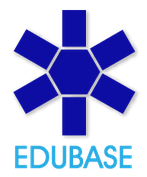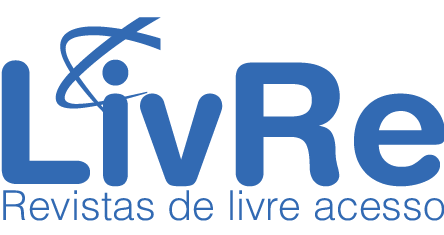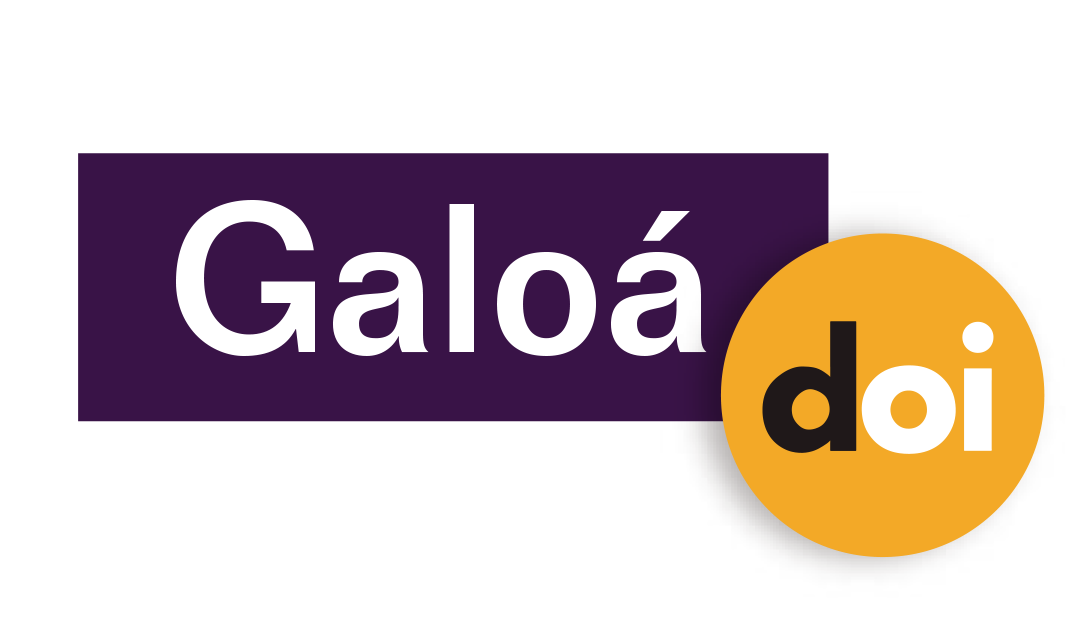Gender as a Problem in Maths Textbooks: A Practical Handbook on How to be a Girl/Woman
Resumo
Background: Gender issues have been guided recently in our country from a misogynistic and patriarchal bias. Apparently, school mathematics would have nothing to contribute or problematize in this sense. However, the exercise we propose calls into question the neutrality of this school subject and moves it from a perspective that allows us to investigate the theme of gender in contemporary times. Objective: in the excerpt made for this article, we examined the approaches of these two studies to gender issues and their connections with mathematics education. Settings: We analysed the 113 books that composed the corpus of the investigation, from where we selected 12 images that helped us compose what we called a “practical handbook on how to be a girl.” Design: this handbook was prepared as a fictional narrative from the theoretical-analytical exercise undertaken on the material through the discourse analysis. Data collection and analysis: by understanding images as pedagogical devices, we sought regularities that allowed us to elaborate the handbook. Results: from the analyses, we constructed the following sentences related to the subject girl/woman: (i) girls must be careful; (ii) girls must be selfless; (iii) girls must be delicate; (iv) women must mind the time, (vi) girls must be organised and efficient and, finally, (vii) girls must know how to cook. Conclusion: mathematics, as a non-neutral science, operates as a tool so that desirable values of an extremely conservative portion of the Brazilian population are taught and propagated.
Palavras-chave
DOI: https://doi.org/10.17648/acta.scientiae.6373
Apontamentos
- Não há apontamentos.
Direitos autorais 2021 Vanessa Franco Neto, Marcio Antonio da Silva

Esta obra está licenciada sob uma licença Creative Commons Atribuição 4.0 Internacional.
ANÚNCIOS
Informamos que, a partir de outubro de 2024, a revista Acta Scientia volta a aceitar submissões de artigos para publicação.
Mais, informamos que sites fraudulentos, https://periodicos-ulbrabr.org e https://periodicos-ulbrabra.org, estiveram se passando pela Acta Scientiae, utilizando nosso nome e identidade visual e até solicitado taxas de APC, que nós não cobramos. Aconselhamos cautela para evitar serem enganados por sites semelhantes.
Conceito A2 na Capes(2021)
Índice h5 do Google Scholar: 13
Índice mediana h5 do Google Scholar:24
eISSN: 2178-7727
Indexações:
A Acta Scientiae é indexada em: | Scopus |  | Latindex |  | Edubase (SBU/UNICAMP) |
 | Sumarios.org |  | Google Scholar |  | Portal LivRe (CNEM) |
 | Journals for Free |  | REDIB |  | Galoá DOI |

Todos os trabalhos publicados aqui estão sob uma licença Creative Commons - Atribuição 4.0 Internacional.
